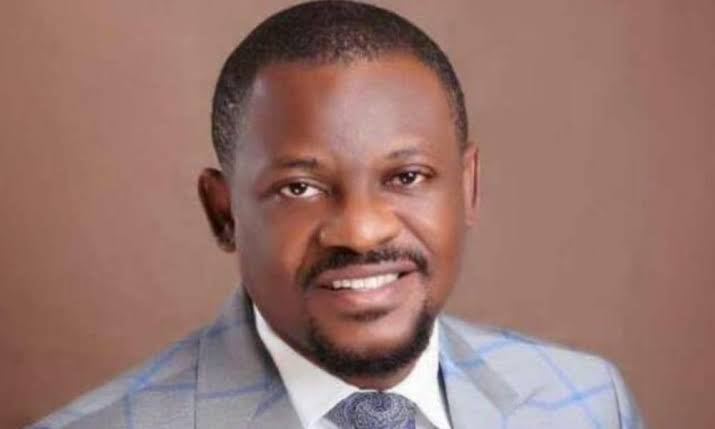The Court of Appeal in Abuja has affirmed Hon. Martin Amaewhule as the legitimate Speaker of the Rivers State House of Assembly. This ruling came on Thursday, with a unanimous decision from a three-member panel of Justices, validating both Amaewhule and the Assembly members aligned with him as the recognized lawmakers of Rivers State.
Dismissal of Governor Fubara’s Appeal
The appeal, brought forth by Governor Siminalaye Fubara, was dismissed by the appellate court, which upheld a prior judgment by the Federal High Court dated January 22. That earlier ruling nullified the 2024 Rivers State budget, stating it had not been properly presented to the legitimate assembly members.
The appellate court noted that Fubara had undermined his own case by voluntarily withdrawing a counter-affidavit that was intended to challenge the lawsuit filed by the Amaewhule-led lawmakers. This move, the court stated, weakened his position and led to the dismissal of his appeal.
Violation of Constitutional Provisions
The court ruled that Governor Fubara violated Section 91 of the 1999 Constitution by presenting the 2024 Rivers State Appropriation Bill to only four members of the Assembly, out of the total 31. This action, the court determined, was a gross breach of constitutional requirements.

The Political Context: Fubara vs. Wike
The division within the Rivers State Assembly stemmed from a political rift between Governor Fubara and his predecessor, Nyesom Wike, who is currently serving as the Minister of the Federal Capital Territory (FCT). In this power struggle, Fubara chose to sideline Amaewhule and the 26 members loyal to Wike, opting instead to work with a faction led by Hon. Edison Ehie.
Ehie, who had declared himself the Speaker of a breakaway group, collaborated with Governor Fubara to pass the 2024 budget, which amounted to N800 billion. This faction had also declared the seats of the Amaewhule-led lawmakers vacant due to their defection from the Peoples Democratic Party (PDP) to the All Progressives Congress (APC).
Peace Pact Restores Amaewhule’s Leadership
A peace pact brokered by President Bola Tinubu led to a reconciliation between Fubara and Wike. As part of the agreement, Amaewhule was reinstated as the legitimate Speaker of the Assembly. In response, Hon. Ehie withdrew from the case, relinquished his position as Speaker, and resigned from his seat in the Assembly.
Governor Fubara also agreed to withdraw his legal challenges, in line with the peace terms, though the pro-Wike lawmakers only dropped their impeachment notice against him and continued with their legal suit.
High Court’s Ruling on the Invalid Budget
Justice James Omotosho of the Federal High Court had previously ruled that the 2024 budget was invalid, as it had not been properly presented to the Rivers State House of Assembly. The court criticized Governor Fubara for acting unconstitutionally by demolishing the Assembly complex and withholding funds intended for the legislature.
Justice Omotosho also condemned Fubara’s unauthorized redeployment of the Assembly’s Clerk and Deputy Clerk, actions deemed illegal and contemptuous of a standing court order that prevented interference in the Assembly’s affairs.
National Assembly’s Role Dismissed
The court further ruled that the National Assembly could not assume control over Rivers State’s legislative matters, as the conditions required under Section 11 of the Constitution for such a takeover were not met.
Court Orders and Injunctions
The court issued a number of orders, including the nullification of all actions taken by the Rivers State Assembly without the participation of Amaewhule’s faction. This included the invalidation of the 2024 Appropriation Bill.
In addition, the court granted an injunction barring Governor Fubara from interfering with the Assembly under Amaewhule’s leadership. It also ordered the governor to release all funds designated for the Assembly.
Appeal Dismissed and Costs Imposed
While dismissing Governor Fubara’s appeal, the appellate court noted that Fubara had effectively conceded to the Amaewhule-led lawmakers by withdrawing his legal challenges. The court emphasized the principle that a party must be consistent in its legal arguments, criticizing Fubara for attempting to “approbate and reprobate” by adopting conflicting positions.
The court ruled that Fubara’s appeal was merely academic and imposed a cost of N500,000 to be paid to each of the respondents in the appeal, marked as CA/ABJ/CV/133/2024.

















